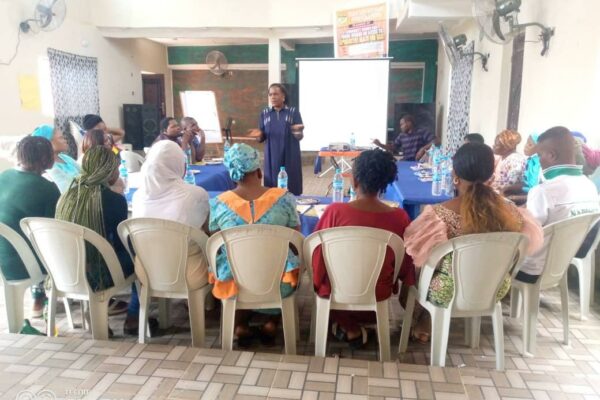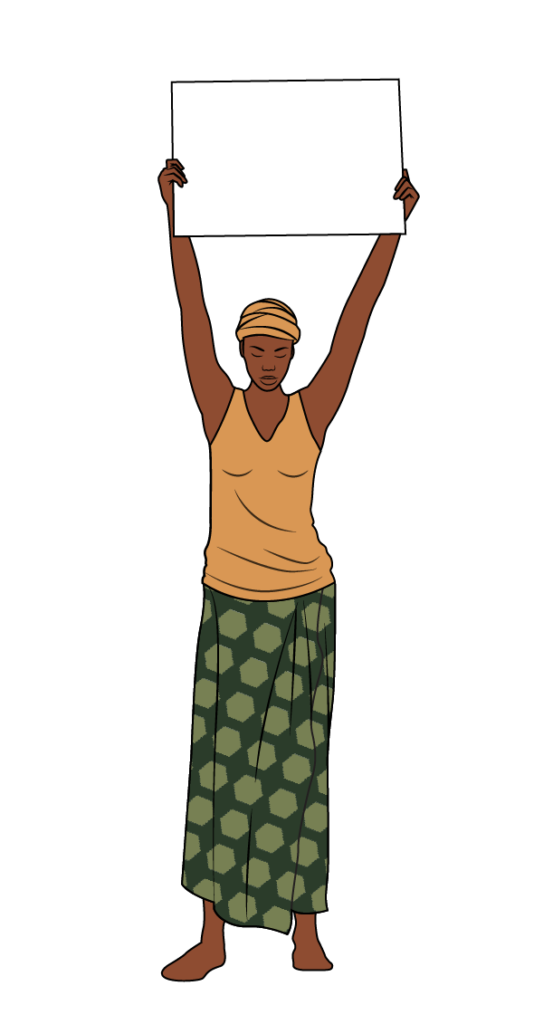An estimated 93% of women of reproductive age in Africa live in countries with restrictive abortion laws. Even in countries where the law allows abortion under limited circumstances, it is likely that few women are able to obtain a safe, legal procedure.
Countries in African can be classified into 6 categories, according to the reasons to which abortion is legally permitted.
Between November 2018 and April 2019, the MAMA Network conducted a study with community leaders and health workers in five sub-Saharan Africa countries (DR Congo, Kenya, Malawi, Nigeria, and Tanzania) to assess safe abortion activism, and the impact of the safe abortion services provided by MAMA organizations in each of their communities.
Community members expressed a preference for medication abortion over other abortion methods due to effectiveness, privacy, cost, and safety.
“The pills are much better because women don’t have to go to a public hospital to have the abortion. Hospitals have too many people which eliminate privacy. With pills, a woman can do everything in her bedroom at an early stage of the pregnancy, according to the advice she received during training. If all the advice is followed, the woman is protected and the matter remains private.” (Community leader, Malawi).
“Abortion with surgery is expensive…abortion with pills like I said is affordable, it is more effective according to the WHO standards and I have seen ladies who used it and they came to testify that they used it, it works and they are back again. For me, I would go for that pill.” (Community health worker, Nigeria).
Unsafe abortion continues to be a persistent public health problem that accounts for an estimated 13% of all maternal deaths globally. In East Africa nearly 1 in 5 maternal deaths can be attributed to unsafe abortions. Abortion with pills or abortion with Mifeprostone or/and misoprostol is safe as per WHO guidelines.



